I would have never expected to write a letter like this to someone I don't know, but there's a lot about my life no one ever expects. Living with cystic fibrosis -- a progressive, terminal, genetic lung condition -- for an entire lifetime, and having to face multiple double-lung transplants has given me the chance to think about life and death quite a bit. But it was love that changed my perception of the things that are important to me. It's love that allowed me to appreciate the time I have, specifically the little amount that I've shared with my husband. Facing death isn't difficult; facing death with the person I love is.
I remember the exact moment he and I met. I feel as though everyone has a wild fantasy of being swept off their feet by a gorgeous European man, but that never happens in real life. Yet here I was at a small restaurant in Hollywood called Birds, nervously waiting for my tall, blonde-haired, blue-eyed, European package to arrive. I half expected it to be a catfish situation.
Thirty minutes after our agreed meetup time, he was a no-show. I was slowly beginning to plan my exit strategy. Then like out of a 90s romantic comedy, he materialized as a large group of people crossed in front of the entryway. Wearing sunglasses, jeans, and a blue polo shirt, he made eye contact with me. I literally felt my heart skip a beat, which worried me because I was on heart medication already.
He smiled, sat down, and with his beautiful European accent said, "Hi Tree-vis." He completely butchered my name, but I didn't care. He could say my name however he wanted, just as long as he didn't run when I told him more about myself, and the difficult road I was facing at the time: a second double-lung transplant. As I explained more about the things I was dealing with, he reached across the table and placed his hand on my arm to comfort me.
I got my second double-lung transplant, a hurdle many people living with cystic fibrosis never survive. That milestone was followed by several more: a proposal, a marriage, and so many nights spent at home watching movies and eating spaghetti. But as we cross each threshold, I can increasingly feel in my bones that I won't be the last person he loves in his lifetime. It started a few months ago. I just didn't want to accept it.
As my second double-lung transplant started to fail, I understood that my version of forever wouldn't be as long as his, but it was too painful to think about. Someday, maybe even sooner than we both hope, he will find a person to give his intense love and kind heart to again. He will cuddle up to watch TV shows with this person, like we used to do, have conversations about life, and envision the future with him, the way we had dreamed of having one together.
It was late November in Los Angeles, which is a strange time of year because the holiday spirit is in full force, yet the California sun gives no hint that winter is coming. My husband and I were gearing up to host my organ-donor's family at our home for a late Thanksgiving dinner -- a gift that is truly rare among the organ-transplant community. But prior to any celebration, we had to trek to Westwood for a follow-up visit with my transplant care team. It was a common flu-season appointment to make sure that my body was strong, healthy, and able to withstand any unexpected viruses due to anti-rejection medications that I take to suppress my immune system.
I waited to see each person involved in my care at UCLA, while my partner stepped out of the doctor's office to take a call. Doctor U. finally walked into the examination room, and it instantly felt smaller than it ever had before. Even though he sat in the chair right across from me, I felt like he was miles away. I suddenly felt like a stranger to him, rather than someone that he had cared for through many hardships over many years. Without a word, his deep breath in and then his slow sigh broke my heart. His eyes were so red, as if he had stayed up for days trying to find a solution for what he was about to tell me. Perhaps he had.
After several moments of silence, he spoke. All I heard were the words "chronic-rejection."
I was numb. He held himself together well enough to ask me where my partner was, so I could lean on someone outside of the staff for emotional support. The medical staff had to remain "professional" in a situation like this. In that moment, though, I would have rather had an "unprofessional" medical team that reminded me that we're all human, than a "professional" team that's seemingly inhuman.
Repeating it a second time, Doctor U. asked me where my partner was. I don't think I heard him until his third attempt to pull me out of my daze. My head weighed down my body as I tried to process this situation.
I stood up, slowly and meekly to go bring my unsuspecting husband back to the room. As I exited the examination room and turned the corner, I saw him. He was still on the phone and he smiled at me. I forced a smile back. As I approached him in the hall, he put down his phone. I embraced him as tightly as I could.
"What's wrong, baby?" he asked, gripping me back. I collapsed into him. As we cried out in disbelief, we reviewed the plan of action with my medical team.
The question then became: How can we extend the time we have together? I'm only 28 years old. With my second transplant in chronic-organ rejection, time is precious. My only option is a third double-lung transplant, which is a rare procedure: Less than a dozen patients in the U.S. have successfully received a third transplant, according to the Chicago Tribune. I have confidence that UCLA Medical Center will somehow be able to accomplish it because confidence is all I have.
Several times since that day, I have become so weak and tired that I've said that I couldn't fight anymore. His response to me has remained the same, "Well, I can -- and I will -- fight for you."
So as we fight together for my ability to have a life-saving transplant for the third time, I want to address someone that I've not wanted to think about, but I need to because it's important: the person who will love him after me.
He's an amazing man, who loves so deeply that he probably won't read this article because he doesn't accept the possibility that I may not be here someday. Make sure you tell him how much you appreciate him every morning when you wake up and every night before you sleep. Comfort him when he is struggling. Since he entered my life, he has taken care of me. It's time someone lifts him, even if he resists it. He's stubborn sometimes, but don't let that stop you from holding him, asking him if he's OK, and listening to him when he opens up -- the few times he'll allow himself to do that.
Try to understand the immense loss he has experienced, and at such a young age. Many people our age are planning careers, seeing the world, or starting families. Not us. We've spent our time together visiting hospitals, fighting with insurance companies, and preparing for the day when I may not be here anymore. It's been incredibly exhausting for both of us, yet he somehow still finds it within himself to daydream with me, and picture our lives if they could be different.
That's where you come in. Every single thing he has imagined with me, you must help him reimagine it with you. Force him to create new memories and to explore the world with you. His smile is infectious, so help him to show it as much as you can. He's the love of my life, and you will become the love of his someday.
You will grow old with him, learn more about him than I have had the chance to, and become the person he dreams about every night. Don't take that for granted.
Many people who read this letter may not understand why I'm writing to you today, and that's OK. It's hard to fathom this sort of situation because no one wants to ever find themselves in it. But how could I not want him to be happy? Or to have love and to be comforted? I've cried every day since that day at the hospital because the thought of losing him is heartbreaking. When it comes time, dying is going to be the easy part, but letting go of his hand as I pass on will be the hardest thing I've ever had to do.
This piece isn't a declaration of my resignation in life. It doesn't mean we are giving up. We are fighting daily. But I hope it can show the world that when it's shared deeply, love is more than a word -- it's a cure.
Without this beautiful person in my life, I don't think I would have come as far as I have.
Editor's Note: You can donate to help fund a third transplant for Travis Flores by donating to his GoFundMe.
Travis Flores is an award-winning children's book author, theatre graduate of Marymount Manhattan College, and nationally recognized speaker & advocate for multiple charities. He is also a graduate of New York University, where he obtained a Masters of Science degree in fundraising & grant-making. Travis is a Cystic Fibrosis survivor and two time double-lung transplant recipient (March 2015/October2017). He currently resides in Los Angeles, California and continues his artistic career, along side his philanthropic endeavors, through his work producing films for non profits that bring awareness to their missions. He is an advocate for inclusion in entertainment, and is dedicated to hiring people who have disabilities / chronic-conditions.
RELATED | Letters to My Brother


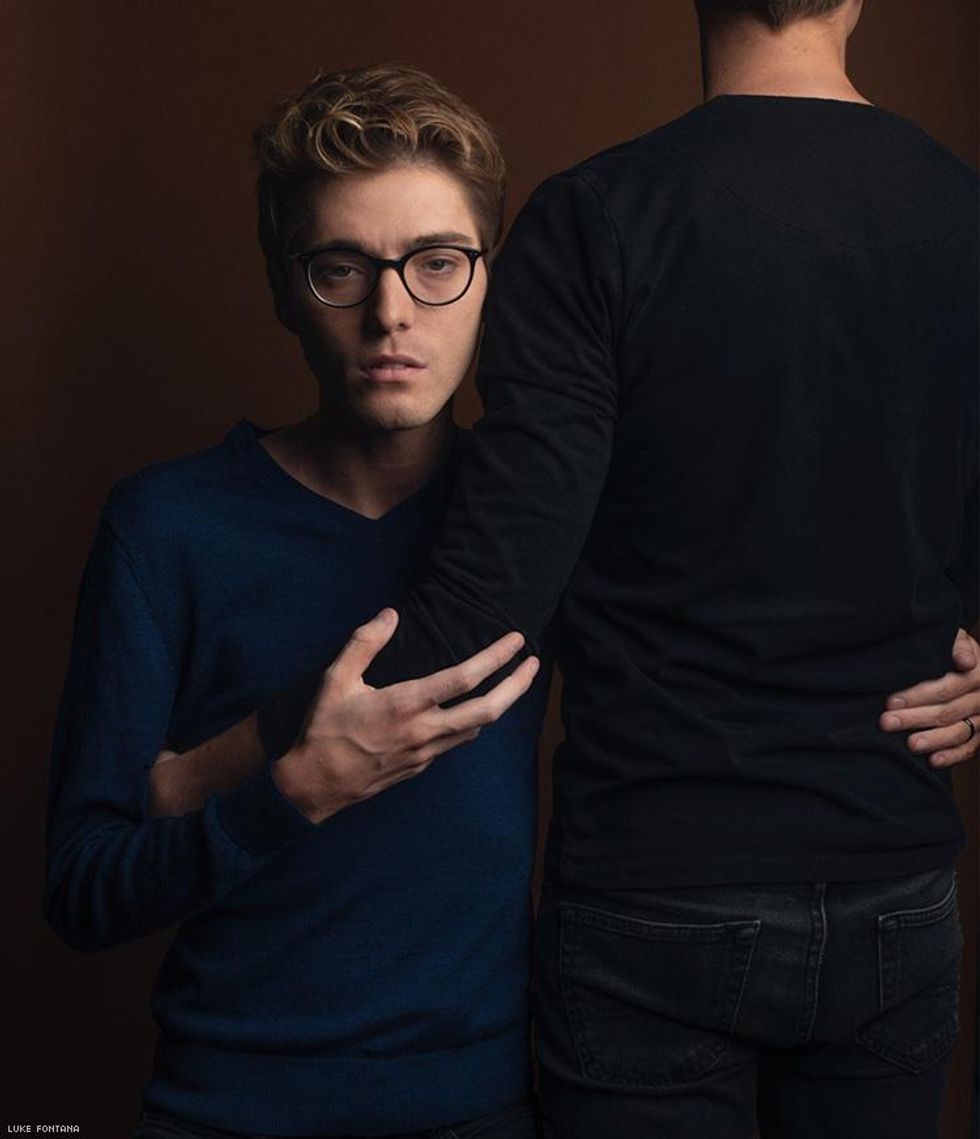
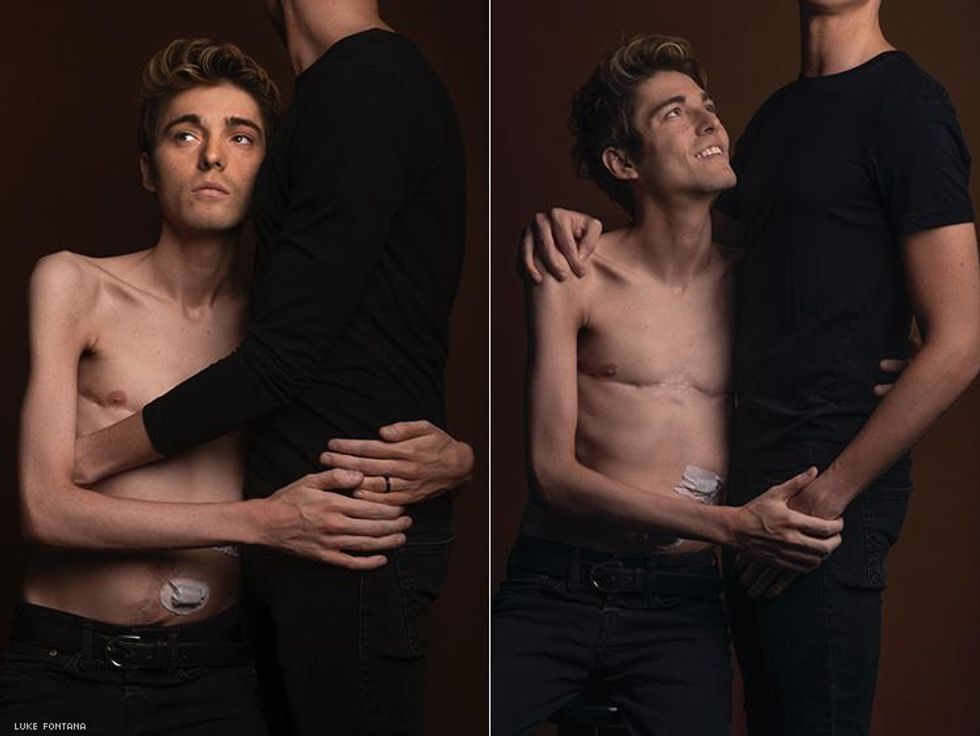

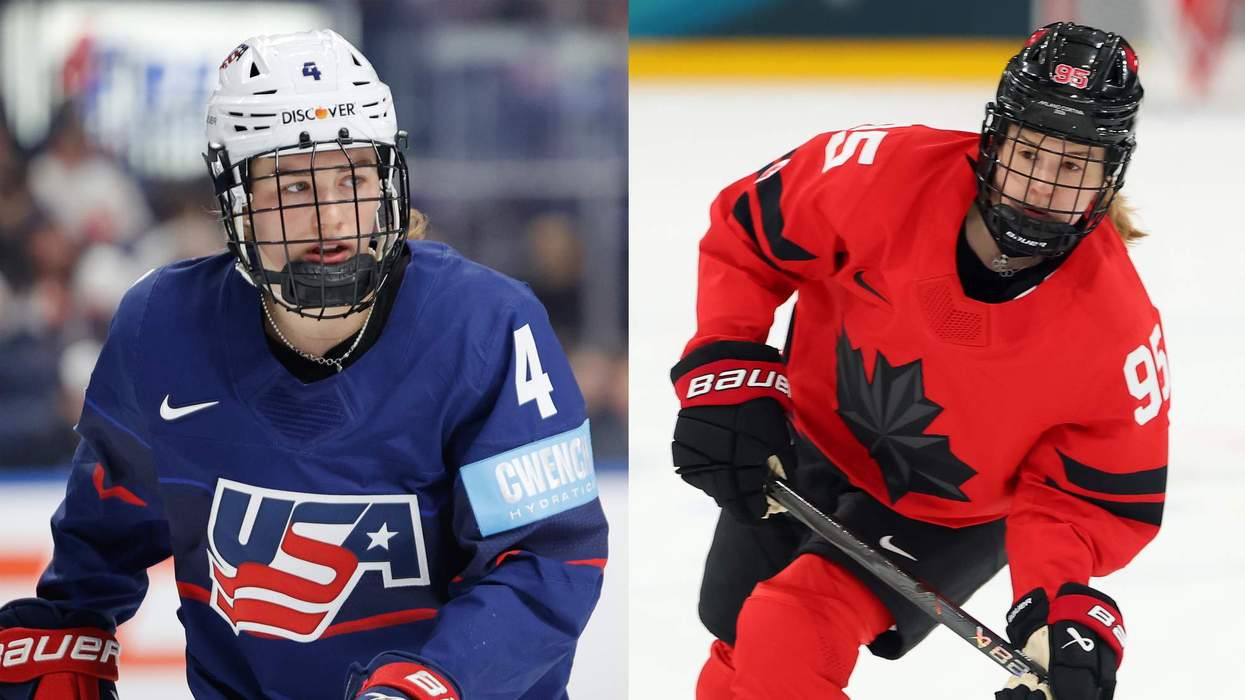
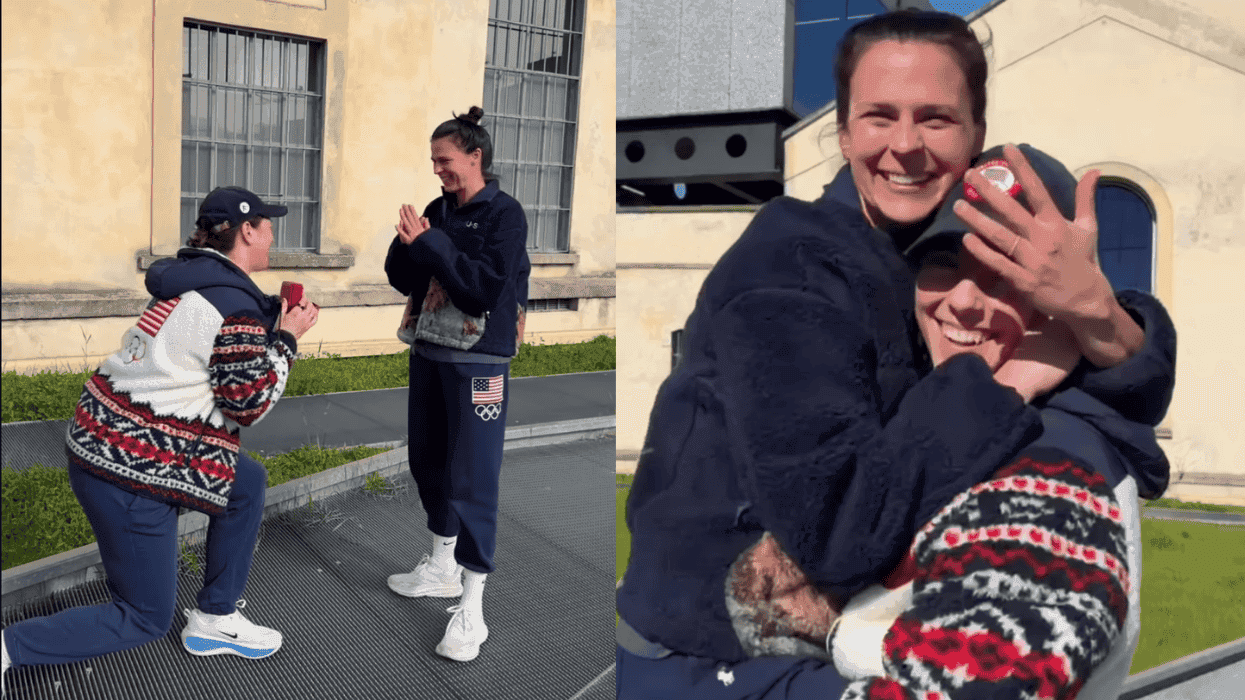
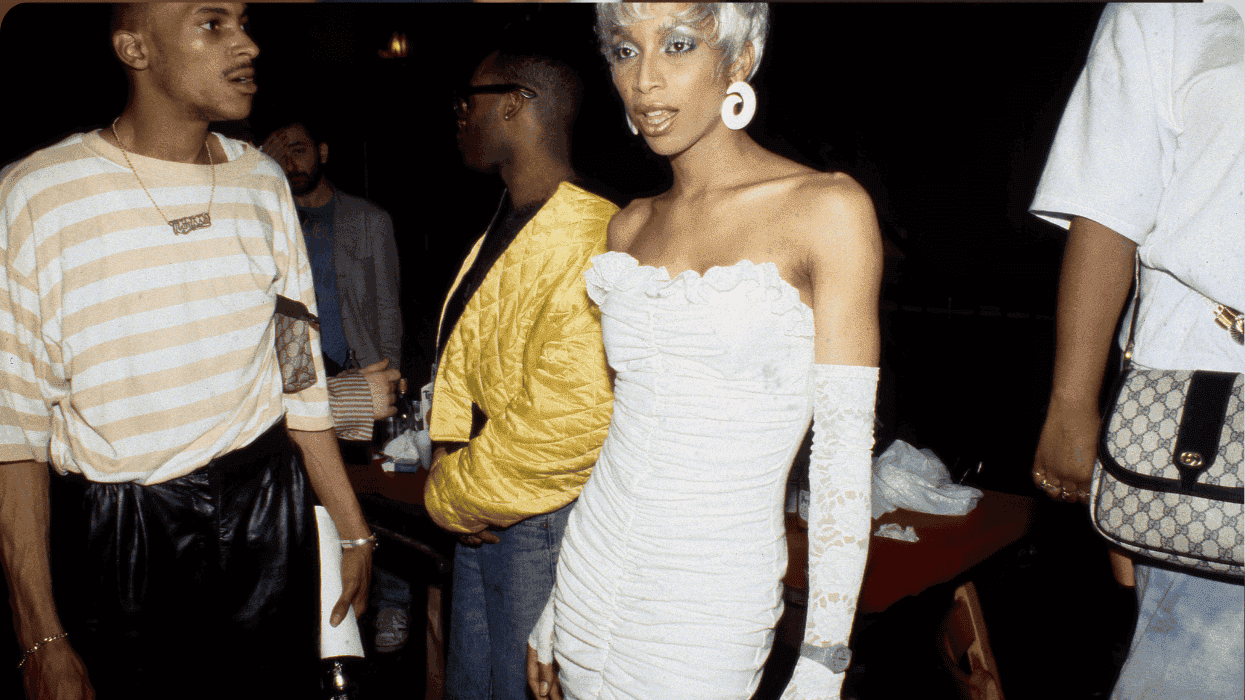




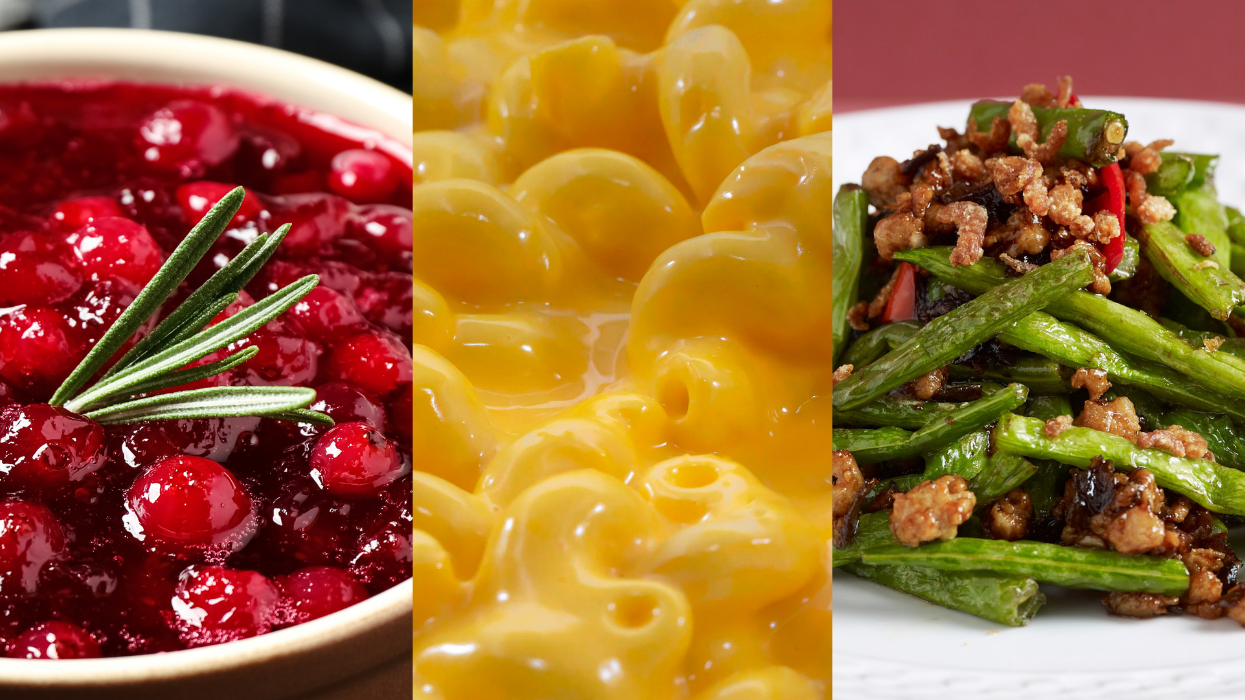







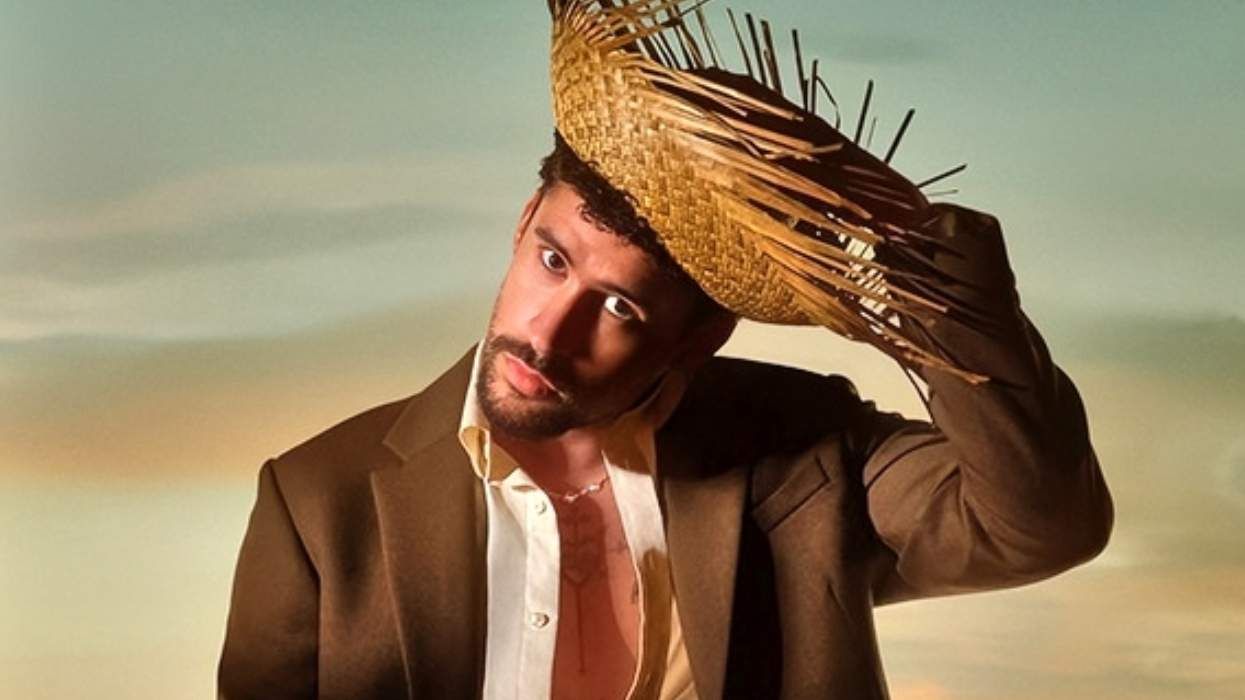
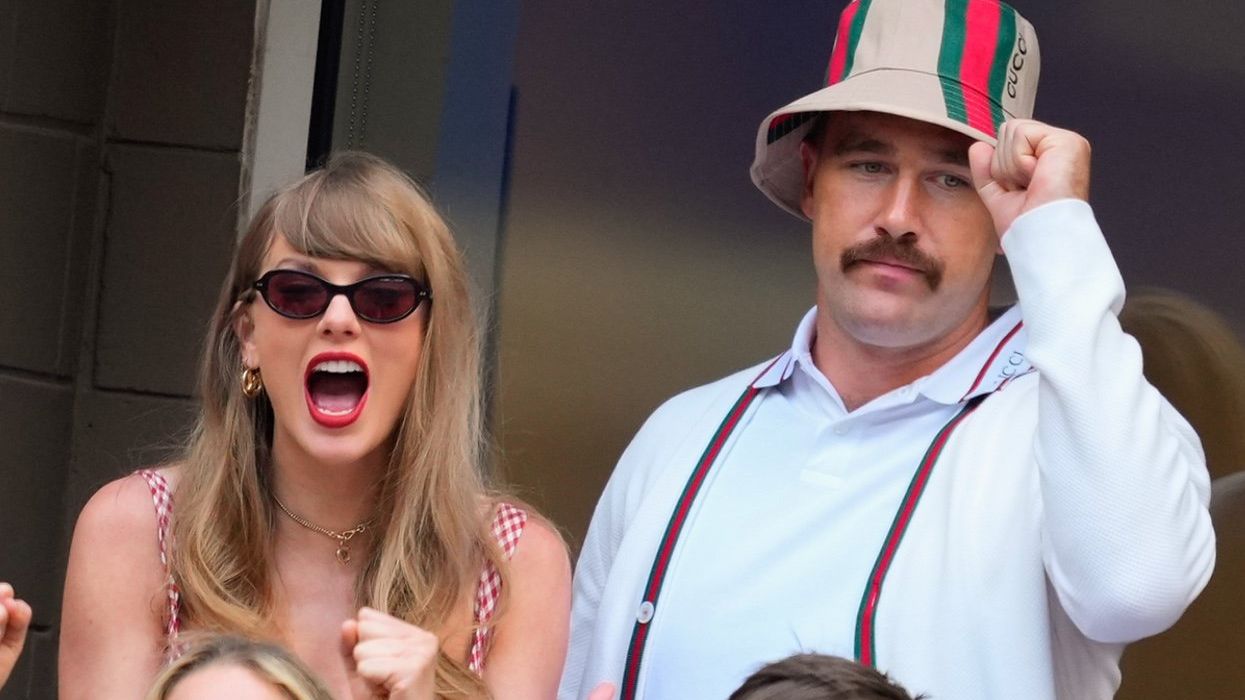
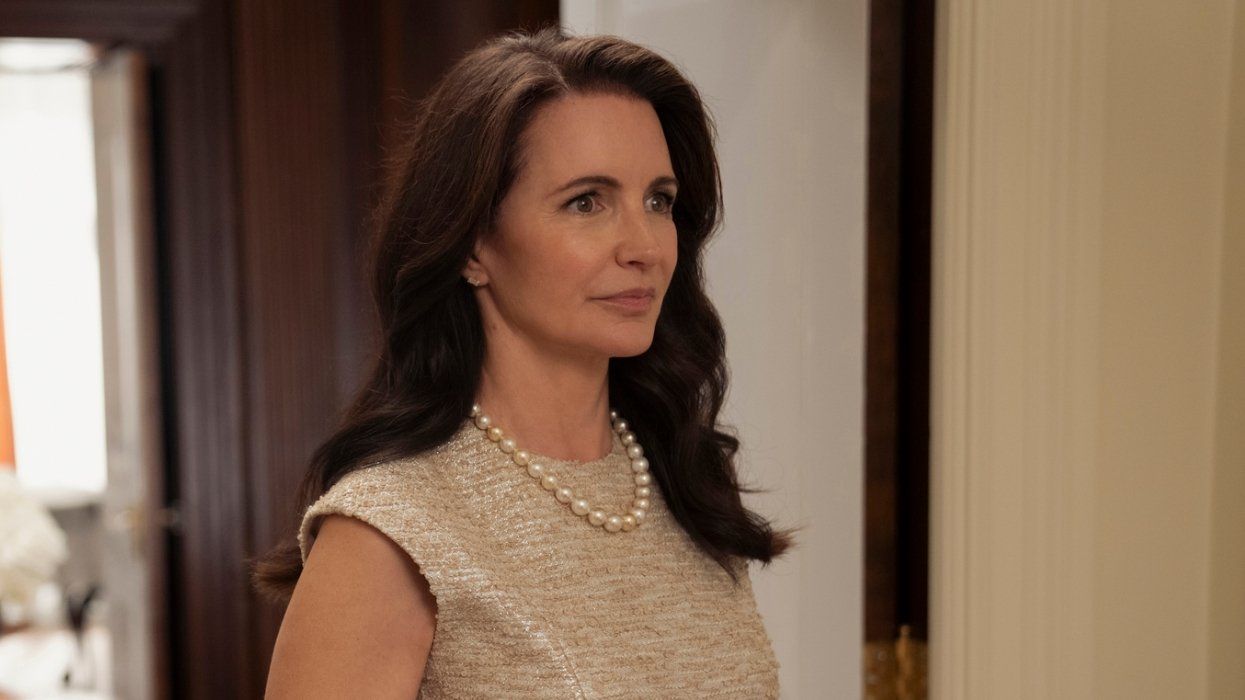
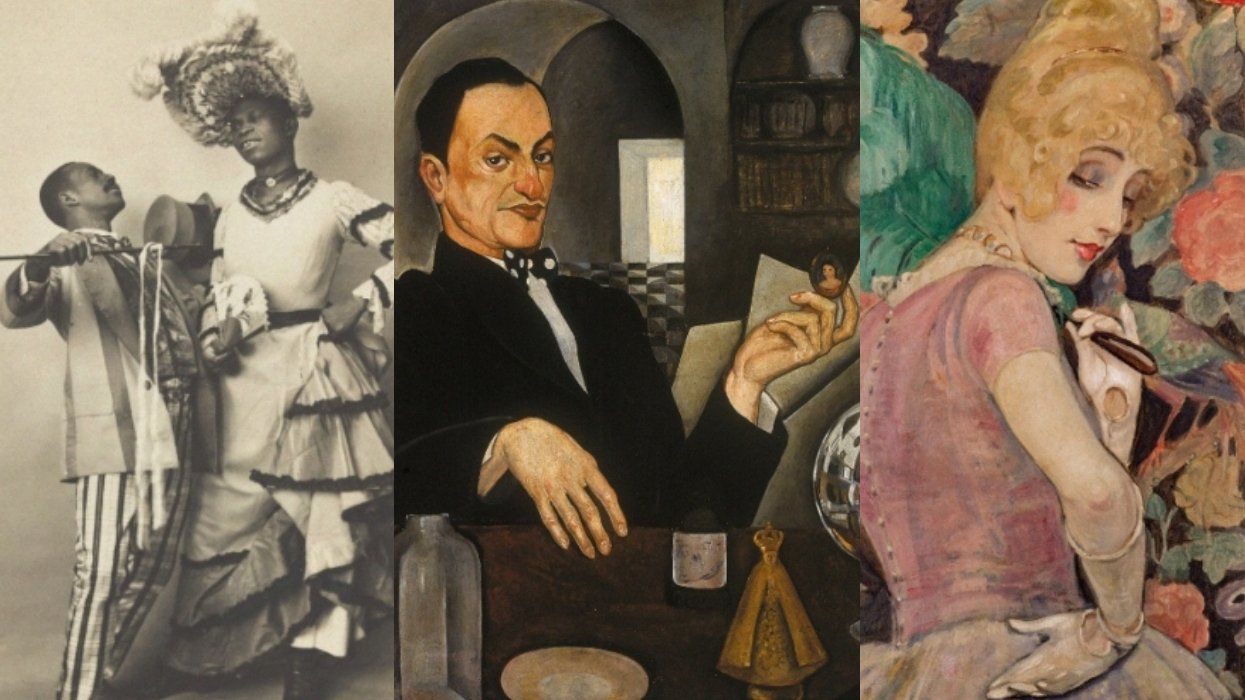

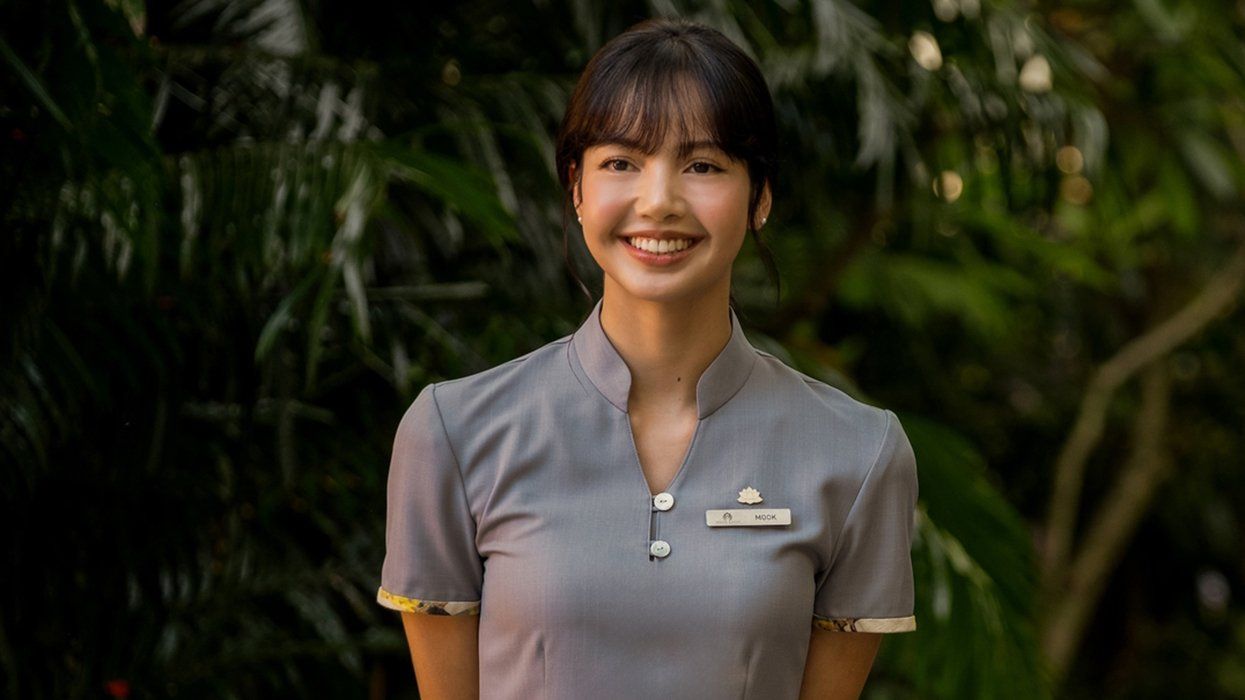
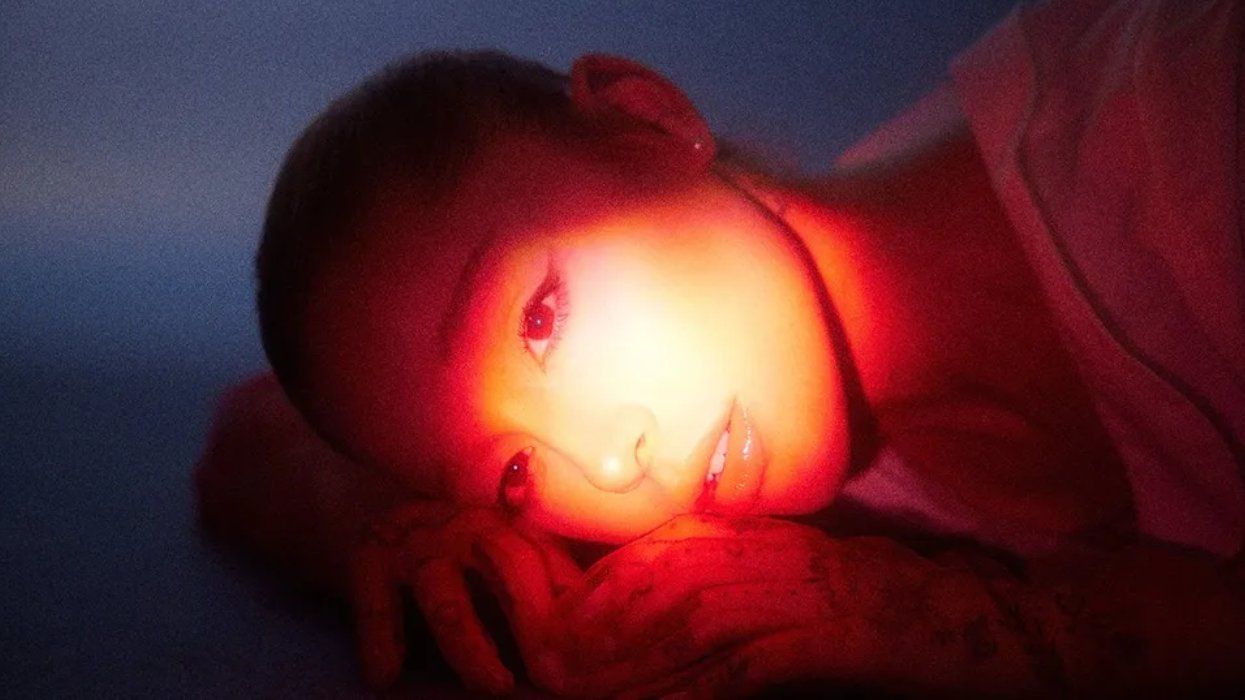
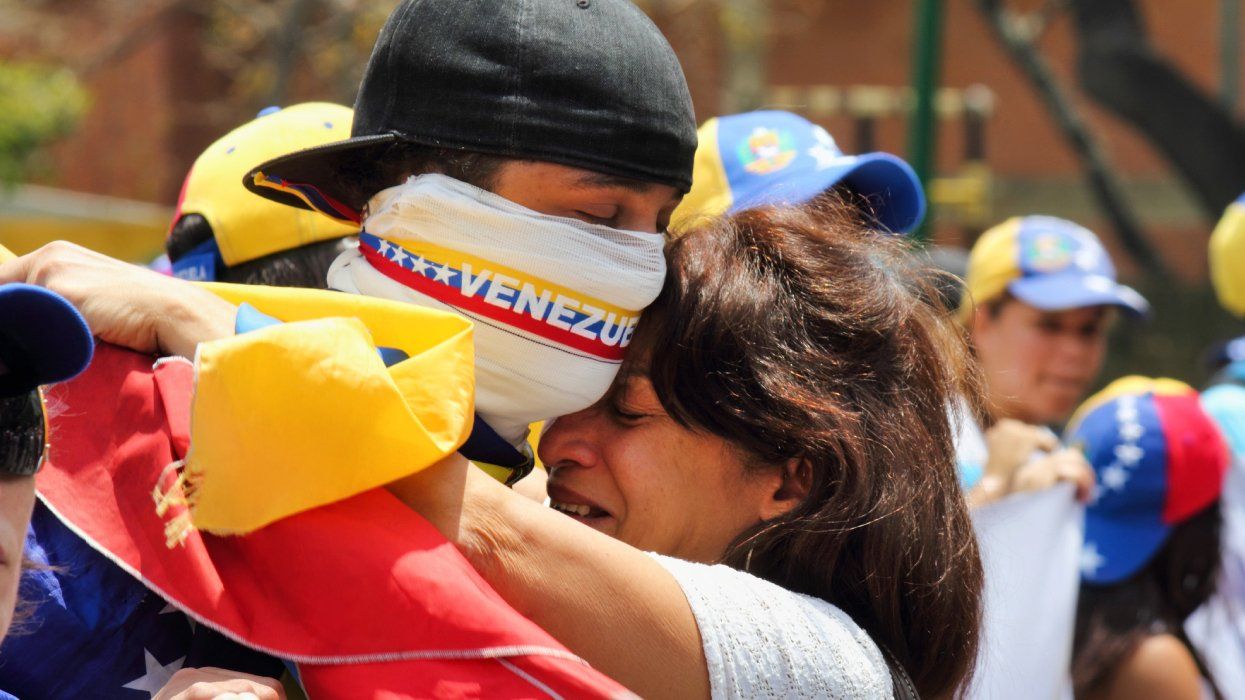
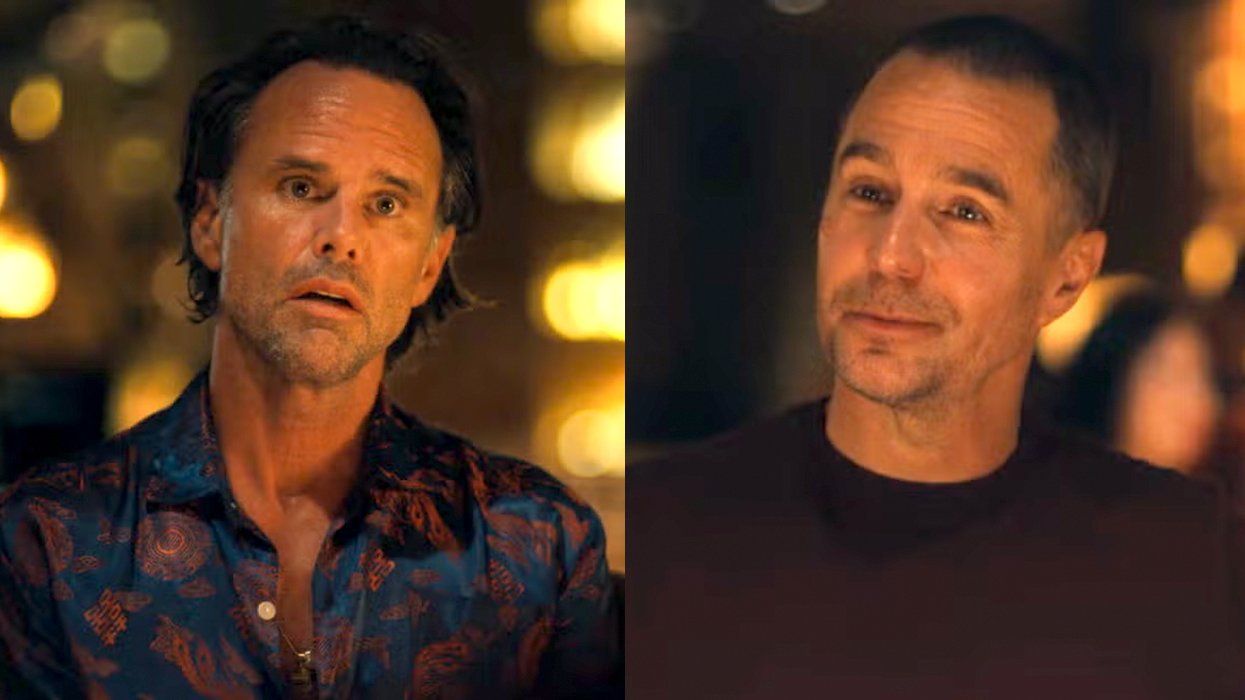

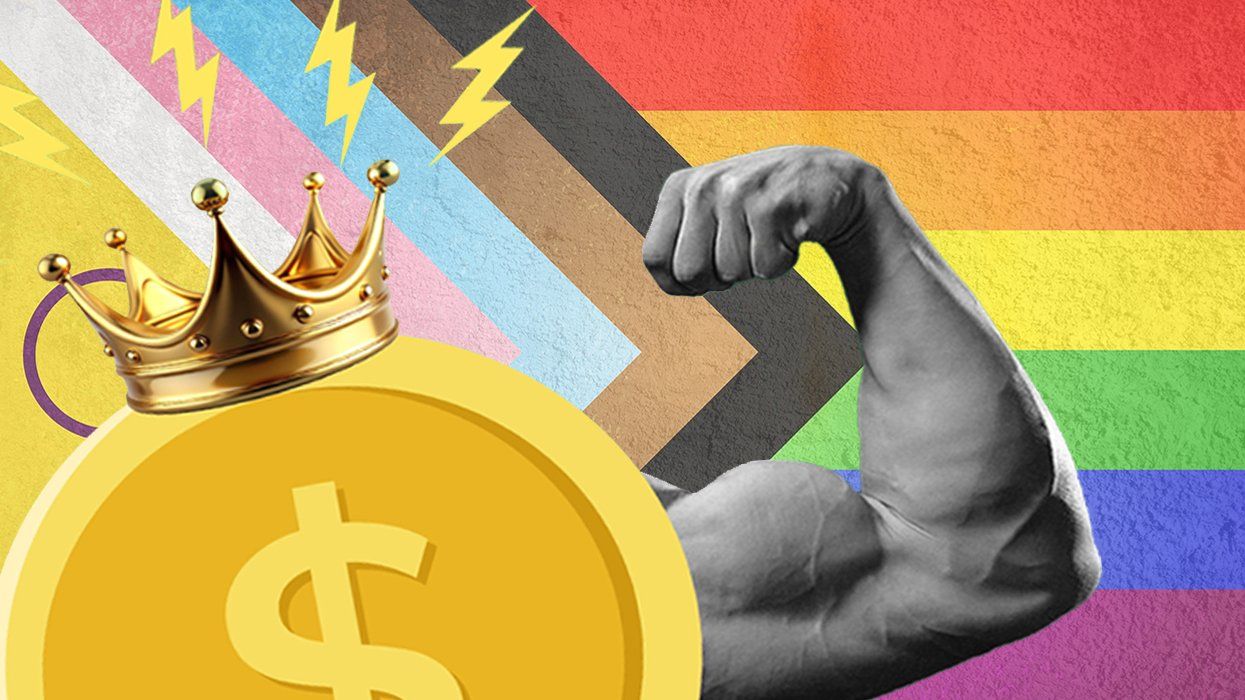
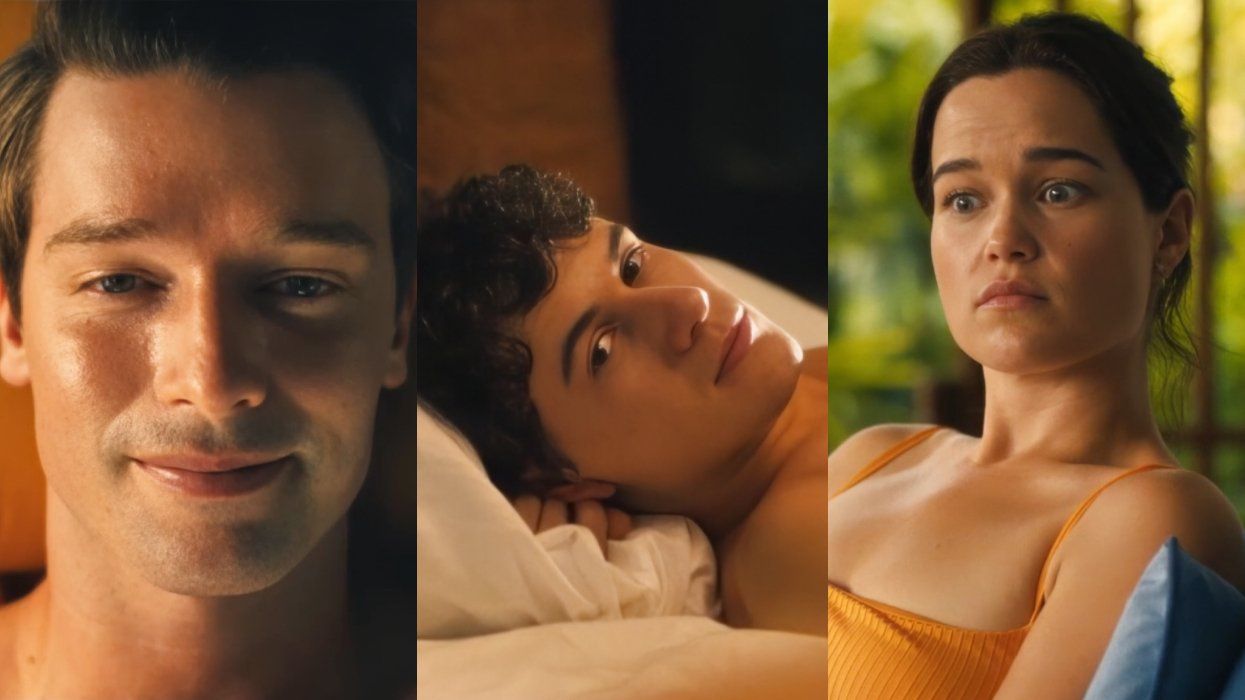
I’m Dying. I Want Someone to Love My Husband When I’m Gone
If I’m not here to love my husband, I want you to know how lucky you are to have him.